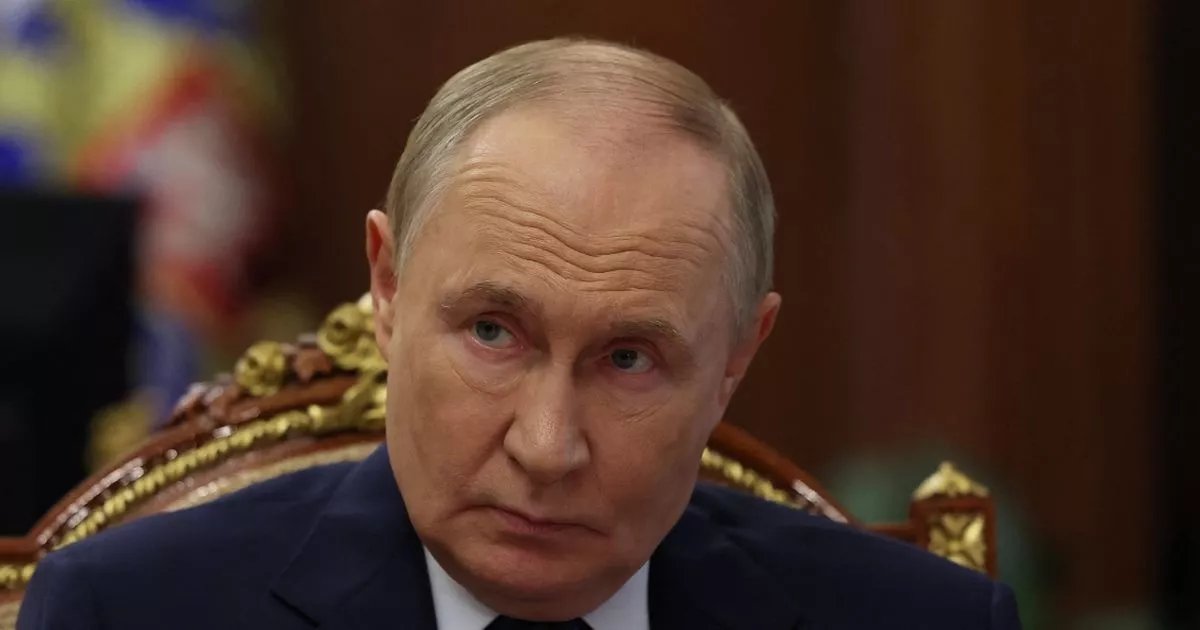Vladimir Putin has acknowledged that Russia was responsible for the downing of an Azerbaijani plane, resulting in the tragic deaths of 38 individuals on Christmas Day. Initially, Moscow had denied any involvement in the incident.
During discussions with Azerbaijani President Ilham Aliyev, the Russian leader disclosed that Russian air defenses had mistakenly targeted a Ukrainian drone, leading to the inadvertent firing near the Azerbaijan Airlines aircraft. Two missiles exploded near the plane, approximately 33 feet away, which Putin attributed to a “technical malfunction”.
This admission by Putin, the first of its kind, was seen as an effort to de-escalate tensions between the two countries following the fatal crash. The aircraft, en route from Baku to Grozny in Chechnya, crashed near Aktau, Kazakhstan, claiming the lives of 38 out of 67 passengers on December 25. Putin assured that those accountable would face consequences and that compensation would be provided, affirming this commitment during a summit in Dushanbe, Tajikistan.
Acknowledging the limitations of his words in alleviating the grief of the affected families, Putin emphasized the need for justice and compensation. In response, Aliyev expressed gratitude to Putin for his oversight of the situation, having previously accused Moscow of attempting to conceal the truth.
Authorities in Baku had initially claimed that the Embraer 190 jet was hit accidentally by Russian fire before attempting an emergency landing in western Kazakhstan. Despite apologizing for the tragedy earlier, Putin had refrained from taking responsibility. The incident exacerbated strained relations between Moscow and Baku, already troubled by previous events.
Both leaders expressed hopes for positive outcomes in bilateral relations, underscoring the significance of their cooperation in various sectors. The strategic ties between Russia and Azerbaijan have gained importance, particularly in light of geopolitical developments and economic partnerships with countries like Turkey.
As Russia faces international sanctions, Azerbaijan’s role as a trade corridor and economic partner has become increasingly vital. Similarly, the Azerbaijani diaspora in Russia and the trade relations between the two nations highlight the interconnectedness of their interests.
